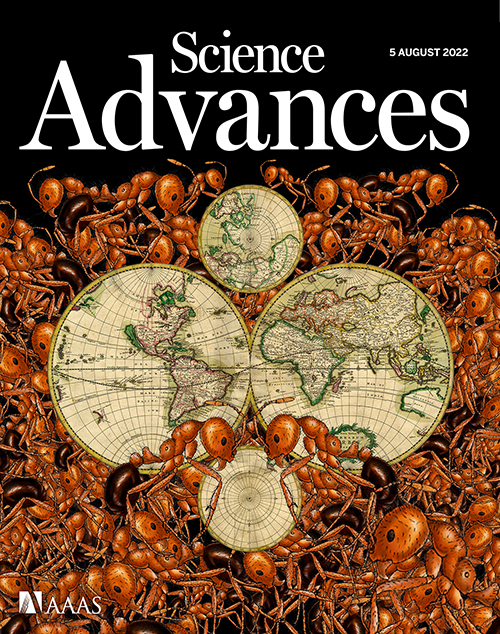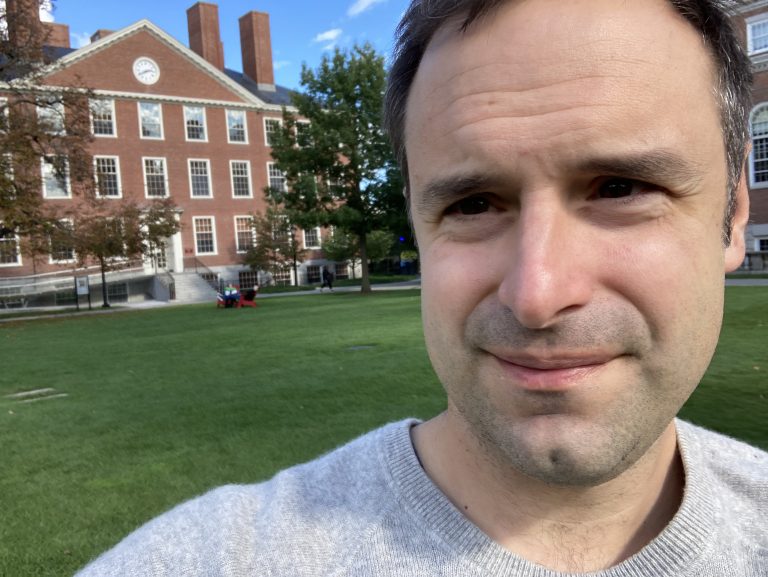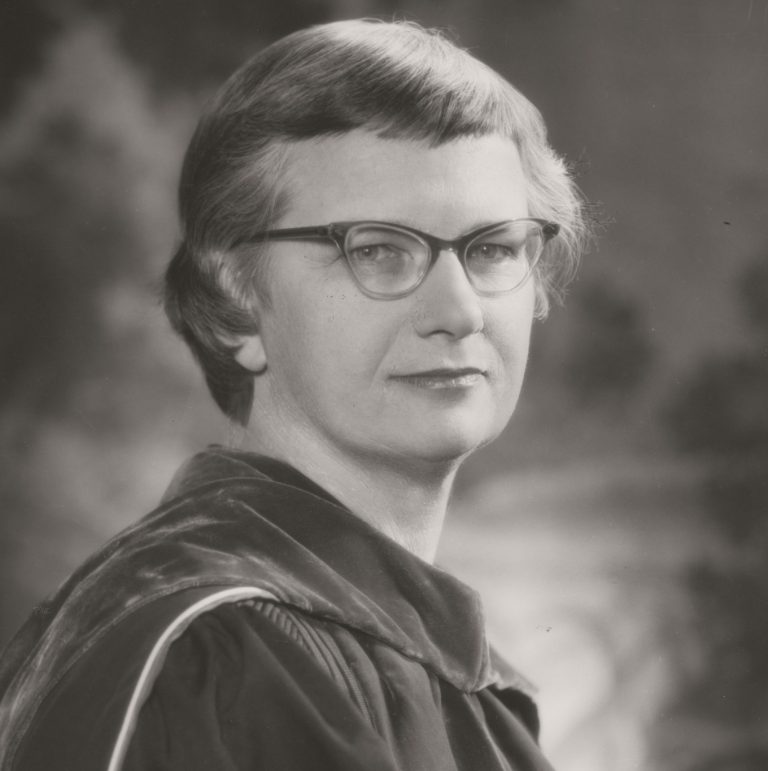The last 12 years here at OIST have been a great journey. From Assistant Professor to Professor and 2 years as Dean, I have “grown up” here as a scientist and manager. Our research has thrived in this unique interdisciplinary environment, and I gave an overview of some of our key research lines in a recent Provost’s lecture. I am most grateful for the many great students, staff, and visitors have spent time in the lab (on the order of a hundred).
With this said, it is time for the lab to enter a new phase. As of September 2024, I (Evan) have moved back to the US to take a position as Professor and Department Chair of Entomology at the University of Maryland. I will be setting up a new biodiversity lab at UMD. The University is located in the suburbs of Washington, D.C., nearby to major institutions such as the Smithsonian Museum of Natural History, the National Institutes of Health, USDA, and many more.
The unit at OIST will continue, and I will lead it as an Adjunct Professor at OIST. I look forward to exciting new opportunities for bi-national collaboration on biodiversity research and education, and we will be working on developing initiatives between the two labs and institutions in the coming months.
If you are interested in working in our group in Maryland or Japan, please reach out.




